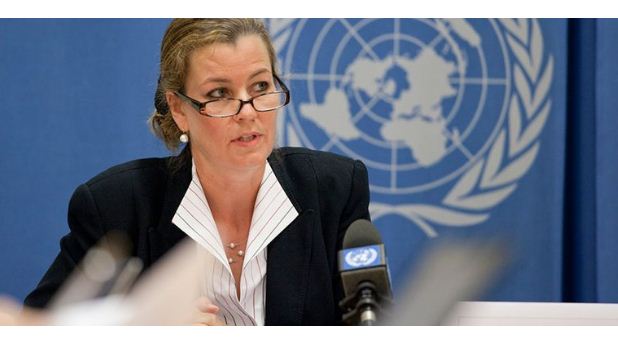New YORK, AUG 27: The United Nations said Friday it was bracing for a possible exodus from violence-ravaged Afghanistan of up to half a million more refugees by the end of 2021.
The organisation said that there currently was not a flood of people fleeing across Afghanistan’s borders, but added it was laying contingency plans for that to change as the country’s crisis deepens.
“The humanitarian emergency currently is inside Afghanistan,” Kelly Clements, the deputy high commissioner of the UNHCR, told reporters.
But “this is obviously a really dynamic situation,” she said, explaining that the UNHCR was planning for a variety of different scenarios, including a mass-exodus.
“We are preparing for around 500,000 new refugees in the region. This is a worst-case scenario,” she said.
She stressed in particular the need to boost support for neighbouring countries that already host the more than 2.2 million Afghan refugees, and which could soon see the fresh influx.
Even before the Taliban swept into power in Afghanistan nearly two weeks ago, the humanitarian situation in the country had deteriorated dramatically.
Half of the population was already in need of humanitarian assistance, and half of all children under five were estimated to be acutely malnourished.
The UN on Friday presented a plan for UN agencies and partner NGOs to prepare for and respond to the unfolding crisis within Afghanistan and in neighbouring countries.
It urgently appealed for nearly $300 million to fund the plan.
“We are appealing to all countries neighbouring Afghanistan to keep their borders open so that those seeking safety can find safety,” Clements said.
In particular Iran and Pakistan, who together host 90 percent of the Afghan refugees in the region, along with some three million other Afghans without refugees status, “will need a lot of support”, she said.
A surge in violence since the start of the year has also prompted nearly 560,000 Afghans to flee within the country, joining some 2.9 million internally displaced people already registered in Afghanistan at the end of 2020, the UNHCR said.
More than 80 percent of those displaced in 2021 have been women and children.
















